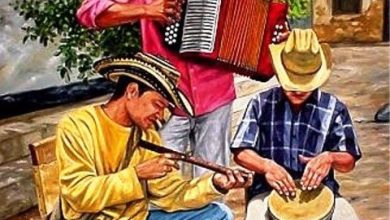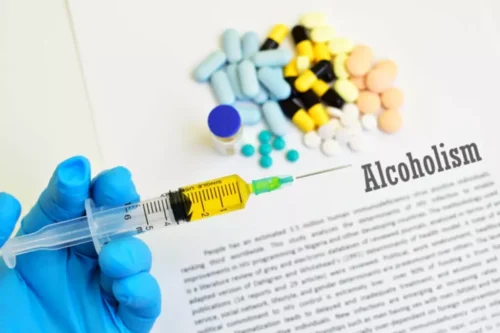
But we all need to be aware of the effects alcohol has on our ability to sleep well. At the extreme end of the spectrum, people with this condition can fall asleep at the most https://ecosoberhouse.com/ inopportune times — while having a conversation, waiting at traffic lights or worse, driving. None of the above suggestions replace treatment or a twelve-step program.
Deep Dive: What Alcohol Does to Your Sleep Cycle
You may wake feeling tired, groggy and not well rested—even if you seemingly slept the entire night. While this may work for a short time, typically, more alcohol is needed to accomplish this over time. This practice can mask an underlying sleep disorder such as obstructive sleep apnea which may be causing the insomnia in the first place. For people who snore or who have sleep apnea—a disorder that causes repeated pauses in breathing during sleep—drinking alcohol tends to aggravate symptoms. Bloating can happen after drinking alcoholic beverages for a variety of reasons.
Night Sweats
Aim to finish your last alcoholic beverage at least 3–4 hours before your desired bedtime. Although experts can’t be certain that alcohol directly causes insomnia, numerous studies have found a link between this sleep disorder and alcohol consumption. In the first half of the night, when the body is metabolizing alcohol, studies show people spend more time in deep, slow-wave sleep and less time in REM sleep. Sleep architecture is biologically driven and finely calibrated to meet the body’s needs during nightly rest—changes to the natural, typical structure of sleep aren’t generally good for health or well being. REM sleep, which gets shortchanged in the first half of the night under the influence of alcohol, is important for mental restoration, including memory and emotional processing.

Why Does Alcohol Make Me Bloated?
Suppressing REM sleep can have detrimental consequences for memory consolidation and other cognitive processes. Also, research shows that people can develop a tolerance to this boozy method within three nights, causing you to need a larger amount of alcohol to get the same effect. If you pass the moderate threshold, though, you’ll get a lot more of that initial non-REM sleep, but significantly reduce the total percentage of REM sleep over the whole night. Although there’s no evidence that alcohol can cause narcolepsy (sleepwalking), it does disrupt REM sleep, which may make the onset of sleepwalking more likely. People who go to bed with alcohol in their system may be more likely to wake early in the morning and not be able to fall back to sleep, another consequence of the rebound effect.
- As a result it may precipitate — or increase the frequency of — parasomnias which occur during this stage of sleep.
- Researchers found that chronic or habitual alcohol use before bedtime led to bouts of insomnia.
- “Before seeing the sleep debt numbers I didn’t understand how exhausted I really was.
- The Sleepopolis team is a group of sleep enthusiasts that will bring you the latest reviews, news, and analysis on all things sleep.
- This suggests not only that CBTi is effective in reducing insomnia symptoms but that improvements in insomnia may also result in fewer alcohol-related problems.
Answer three questions to understand if it’s a concern you should worry about. His research and clinical practice focuses on the entire myriad of sleep disorders. However, even uncarbonated wine or spirits does alcohol help you sleep may cause bloating or other symptoms. Beer, wine, and spirits don’t contain any nutrients, so they either add calories to the diet without any benefits or replace food or drink that do contain nutrients.
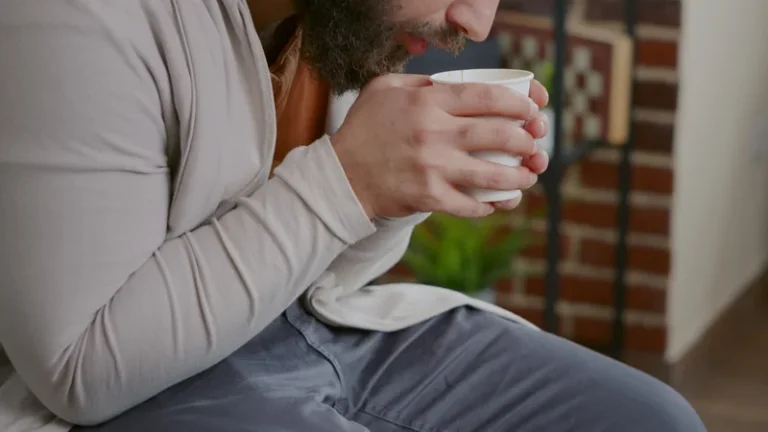
That’s right, the traditional “happy hour” time is actually when the body is most prepared to process that cocktail. If that mimosa with brunch hits you particularly hard, it may be the result of circadian timing. “If you experience insomnia, mood imbalances and other brain symptoms, it may be best to cut back alcohol intake overall,” Dr. Scheller adds. “Many people find that while it initially seems difficult to break the habit of using alcohol to induce sleep, they soon adjust and experience better sleep and energy overall,” she continues. While heavy alcohol use can trigger insomnia, the opposite is also true.
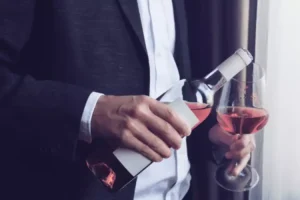
Why You Should Limit Alcohol Before Bed for Better Sleep
If you have sleep apnea, it’s crucial to avoid alcohol, especially close to bedtime. One of the most significant impacts of alcohol on sleep is fragmentation, particularly in the latter half of the night. As the body metabolizes alcohol, it leads to more frequent awakenings, resulting in choppy, low-quality sleep.
Circadian Rhythm Disruption
- It’s just as important as a nutritious diet and regular exercise.
- But part of a smart, sleep-friendly lifestyle is managing alcohol consumption so it doesn’t disrupt your sleep and circadian rhythms.
- One study found if you drink alcohol during a natural dip in energy (like your afternoon slump), your urge to sleep may override the stimulating effects of alcohol.
- You can stop bloating from alcohol consumption by refraining from drinking alcohol.
- People who typically snore or who have obstructive sleep apnea tend to display more severe snoring and lower blood oxygen levels after drinking alcohol, especially when they drink close to bedtime.
- Your deep restful sleep tends to be more prevalent in the first few hours but decreases during the second half.
The effects of alcohol in the body are what are known as biphasic, meaning “in two phases.” When first consumed, alcohol has a stimulating effect. Later, after alcohol has been in the system for a period time, its effects are sedating. But as this new research indicates, the effects of alcohol—particularly the stimulating effects—are magnified during certain periods of the body’s 24-hour circadian cycle. Common symptoms of OSA include snoring, not feeling refreshed when you wake up, and having fatigue and sleepiness through the day. Sometimes people experience morning headaches and difficulties with concentration and memory. Dryuary is right around the corner, and there are countless free or low-cost programs on-line to offer support and guidance to anyone wanting to take an alcohol time-out.
Long-established research shows the body metabolizes alcohol differently at different times of day. Studies have shown the body is more effective at processing alcohol at certain times of the day than others. Drinking water may help against thirst and a dry mouth, but it will not take away the misery, the headache and the nausea,” he said. Even though treatments like buzzers may not be capable of keeping your airways open in the way that a CPAP machine can, there’s some evidence they are effective at preventing daytime sleepiness.
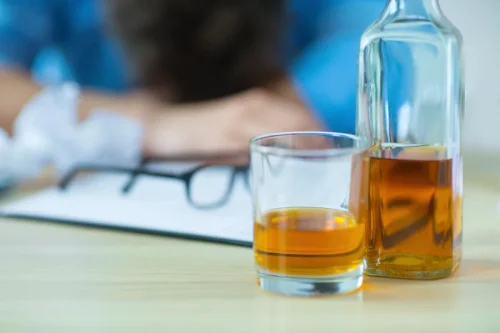
It may increase the likelihood of waking up in the middle of the night, resulting in grogginess the next morning. It also covers what symptoms you might have if you don’t wait long enough between having your last drink and going to bed. Like all things alcohol-related, it’s about moderation and knowing your limits. Too much alcohol can affect your sleep but you may benefit from a small drink before bed. Alcohol increases levels of adenosine, a key component of the homeostatic drive. The homeostatic drive is responsible for keeping our body balanced, and it’s one of the major mechanisms that regulates the sleep-wake cycle.



